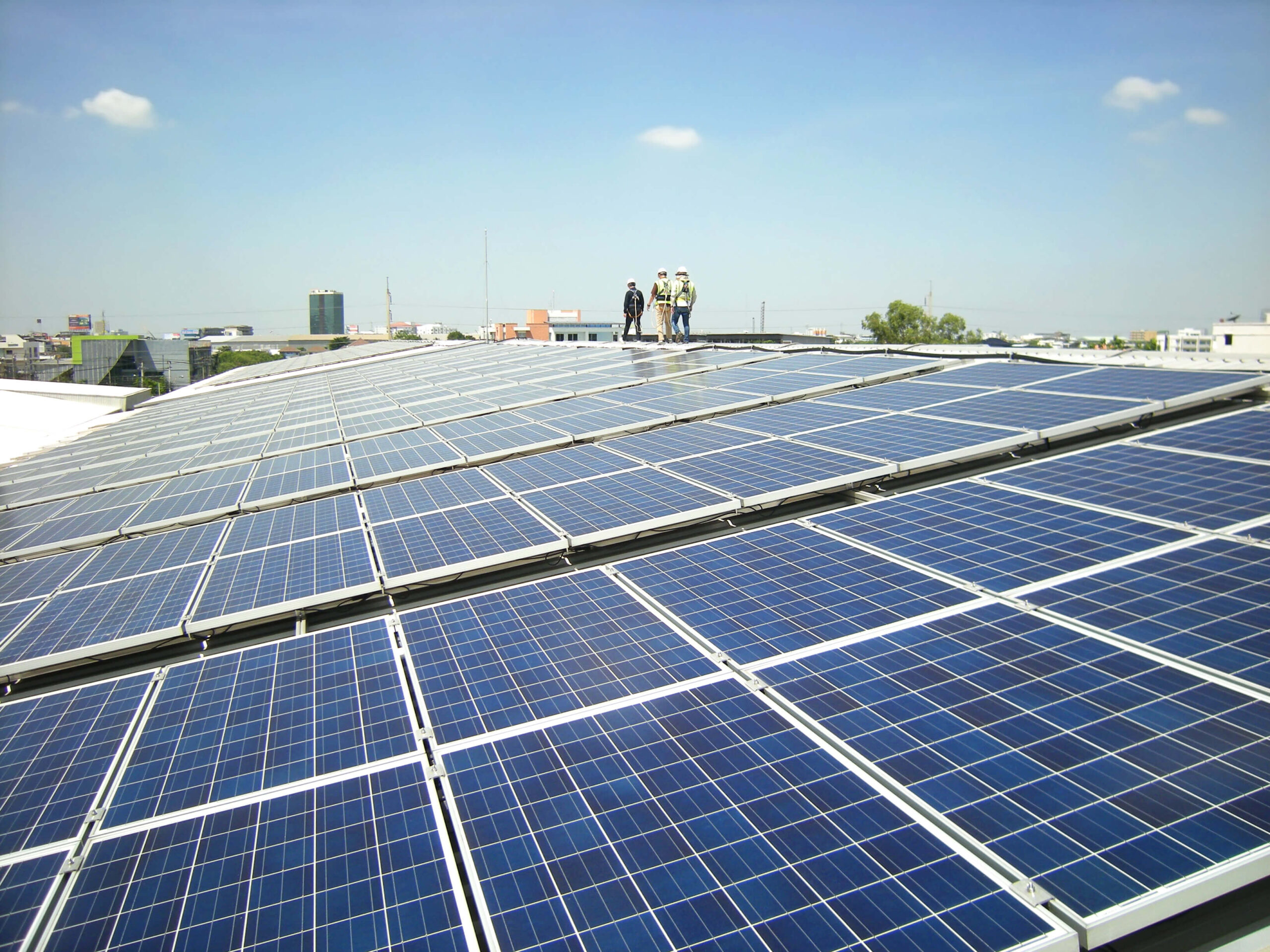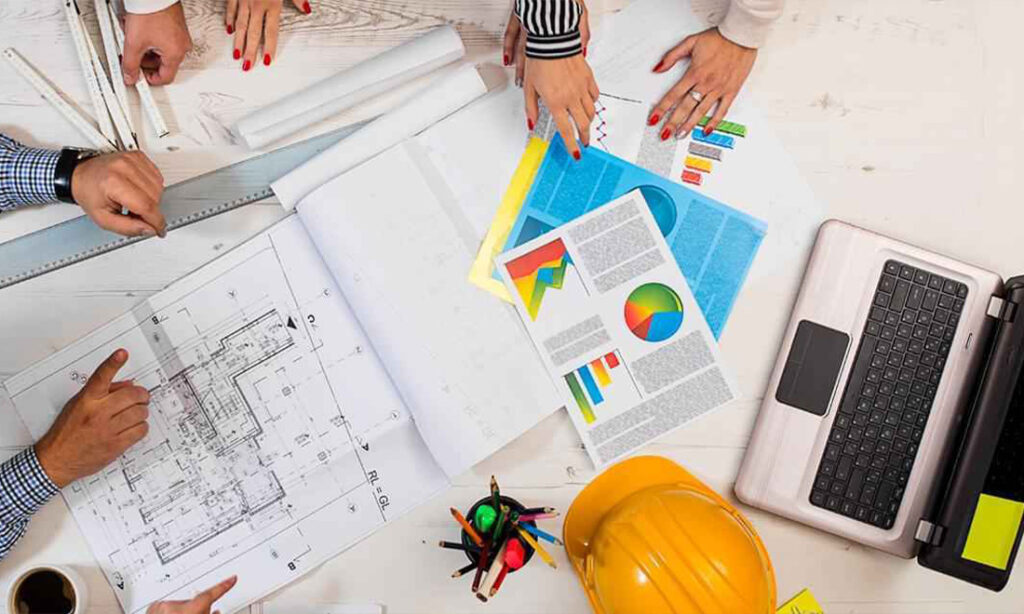The Evolution of Sustainable Building Practices in 2024
Transforming Modern Construction Through Green Innovation
The construction industry is witnessing a remarkable transformation as sustainability becomes increasingly central to building practices. Drawing from our experience at Daniel Mihoc Construction, particularly our work on landmark projects like the New Children's Hospital and a number of government schools, we've observed how sustainable construction is reshaping the industry's future.
Advanced Energy Systems and Smart Design
Modern sustainable construction extends far beyond simple energy efficiency. Today's approach encompasses the entire building lifecycle, from initial design through construction to ongoing operations. Our involvement in major projects has demonstrated that sustainability isn't just about environmental responsibility – it's about creating buildings that perform better, last longer, and provide healthier spaces for occupants.
Innovative Energy Management
The integration of advanced energy systems has become fundamental to sustainable construction. In our recent projects, we've implemented sophisticated heating and cooling systems that significantly reduce energy consumption. These systems, combined with smart building management technology, create structures that actively respond to environmental conditions and usage patterns.
Sustainable Materials and Waste Manageme
Material Innovation
Sustainable material selection has evolved significantly in recent years. We're now seeing widespread adoption of recycled and renewable materials, particularly in structural elements and finishing materials. Low-carbon concrete alternatives are becoming increasingly common in major construction projects, offering significant environmental benefits without compromising structural integrity.


Waste Reduction Strategies
Waste management has transformed through:
- Advanced material tracking systems
- On-site recycling programs
- Precise quantity surveying
- Innovative reuse strategies
Digital Technology Integration
The integration of digital technology has revolutionized sustainable construction practices. Building Information Modeling (BIM) allows us to optimize resource use and reduce waste through precise planning and coordination. This technology enables us to simulate building performance before construction and identify potential inefficiencies early in the process.
Future Outlook and Industry Impact
The future of sustainable construction lies in the integration of these various elements – from advanced materials to smart technologies – creating buildings that are not only environmentally responsible but also more efficient, comfortable, and cost-effective to operate.
SOURCES CONTENT
Additional Authoritative Sources:
Contact Daniel Mihoc Construction to learn how we can make your next project more sustainable and energy-efficient.
Frequently Asked Questions
What is sustainable construction?
Sustainable construction refers to the practice of creating structures and using processes that are environmentally responsible and resource-efficient throughout a building's life-cycle.
How is Daniel Mihoc Construction LTD implementing sustainable construction?
Daniel Mihoc Construction LTD is implementing sustainable construction through the integration of advanced energy systems, sustainable materials, digital technologies, and efficient waste management strategies.
What are some examples of sustainable construction in Daniel Mihoc Construction LTD's projects?
Our work on the New Children's Hospital showcases our commitment to sustainable construction, with the use of advanced energy systems, sustainable materials, and Building Information Modeling (BIM) technology.
How does sustainable construction benefit the construction industry?
Sustainable construction benefits the construction industry by creating buildings that perform better, last longer, provide healthier spaces for occupants, and are more efficient, comfortable, and cost-effective to operate.
What is the future of sustainable construction?
The future of sustainable construction lies in the integration of advanced materials, smart technologies, and efficient waste management strategies, creating buildings that are not only environmentally responsible but also more efficient, comfortable, and cost-effective to operate.






